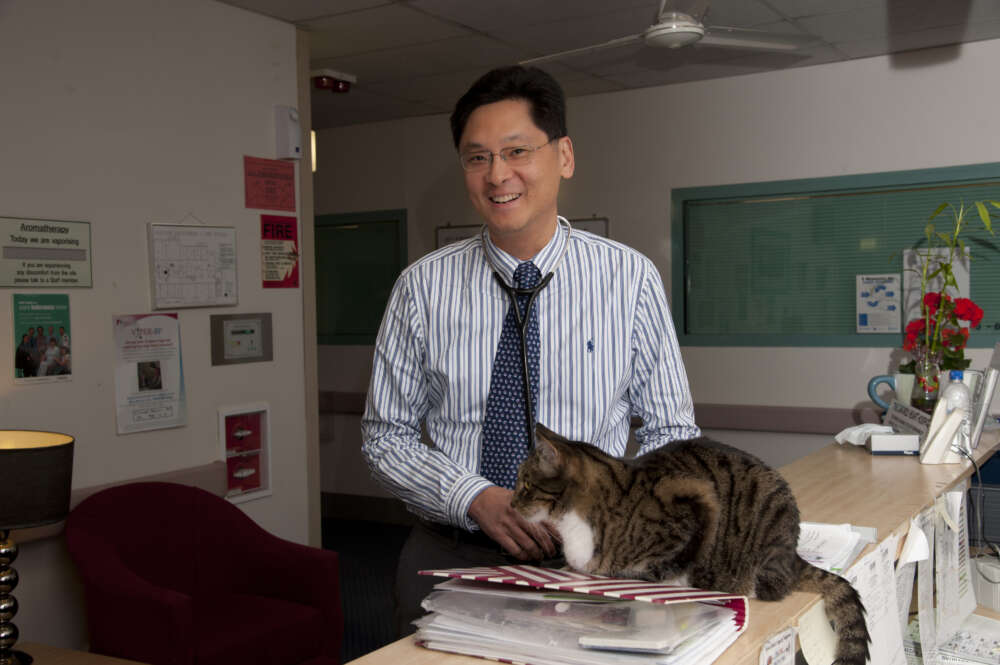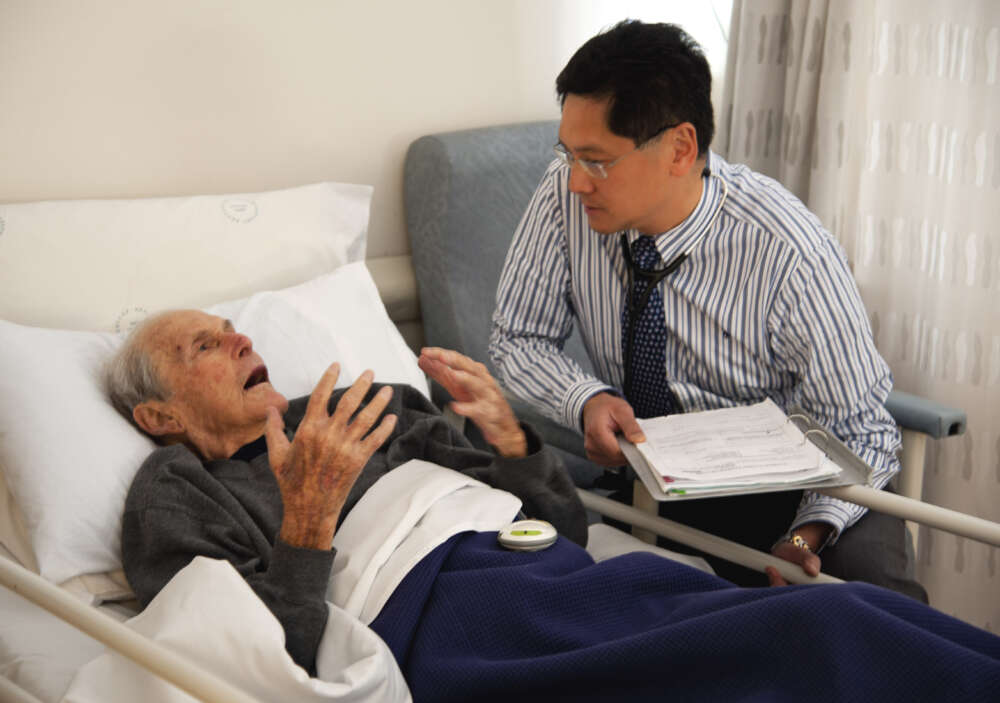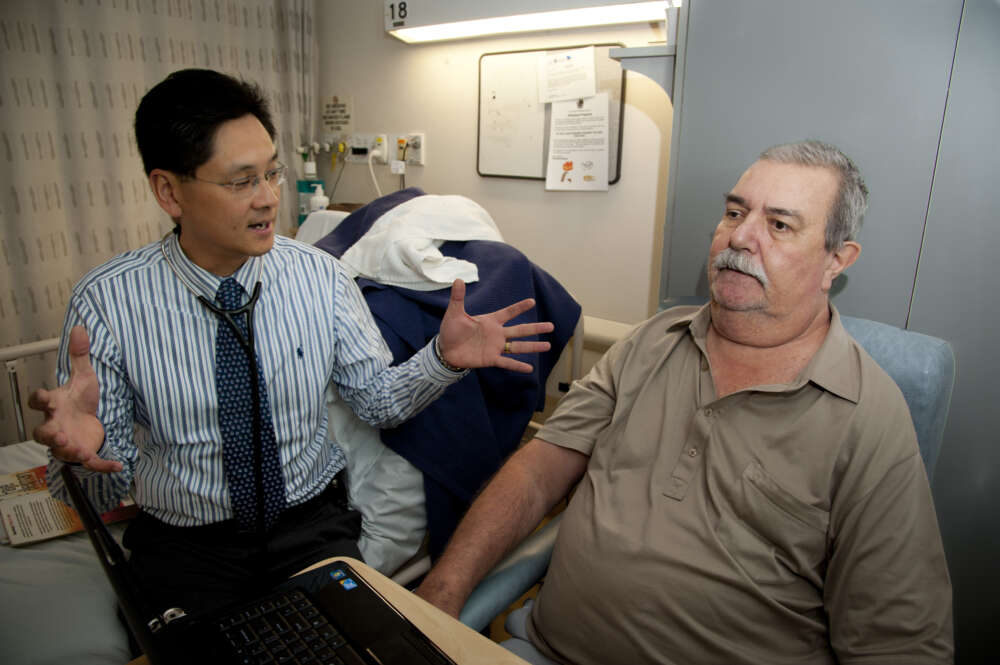Expert in palliative care Richard Chye talks living.
This article was inspired by our survey results asking the question ‘What is your biggest question about dying and what is your biggest fear?’ and is the fourth in a series exploring the concerns you raised.
It first appeared in our Good Grief! May 2023 issue.

With Australian Palliative Care Week around the corner, we dive deep with Director of Supportive and Palliative Care at St Vincent’s Hospital and Prince of Wales Hospital Professor Richard Chye.
After 28 years in palliative care Dr Chye reveals his insights on shifts in treatment decisions, how he and other specialists are supporting patients to live better and where he thinks there is still work to be done.
Doctor knows best or do they?
Treatment decisions have gone from what he describes as ‘a doctor driven decision’ to one made by the patient and family.
He says doctors are now much better at providing information for decision making to their patients but they need to use less jargon.
‘That’s something we don’t train our doctors to do at the moment,’ he says.
Trying to make a decision ‘without fully understanding’ can be ‘unfair’ on the patient and family.

Expert in palliative care Richard Chye says less jargon
Apart from using less jargon, Dr Chye believes there is a long way to go with health professionals working better together and it’s not just in the specialist area of cancer patients.
‘It’s patients with heart failure, lung failure, liver failure, kidney failure and brain failure,’ he says.
Working better together can avoid situations where patients, who may not have long to live, are given treatments that can have detrimental side effects and be of little benefit.
One example of this would be a patient, who unbeknownst to the doctor is days away from death, and is offered radiotherapy.
Let patients live as well as possible
Another change is that there has been a big shift from treating the patient at all costs to supporting the patients to live a better life until that time.
And for Dr Chye that means balancing the time left with treatment that leaves the patient with ‘as few symptoms as possible’.
Five per cent of his cancer patients are still alive 12 months after referral.
‘That’s a lot of living to do.’
‘We advocate for treatment that will still be beneficial for them,’ he says.

In one case he treated an 87-year-old woman with dementia who had developed a heart flutter.
She told her cardiologist that she did not want to be treated for it and was happy to die from it.
Dr Chye advocated for treatment of the heart flutter as he knew patients don’t die from it and that without treatment she would ‘always be breathless and always tired’.
So he was able to help her to live ‘as well as possible,’ till the end.
Dr Chye’s final message for the community is to prepare for death but to maximise our quality of life before we die.
Associate Professor Richard Chye will join a panel discussing palliative care in a Q&A panel following the screening of the film Live the Life You Please, at Bondi Junction, Sydney, on May 24 at 6pm.
Would you like to read more from Dr Chye and other health professionals on end of life and dying wishes?
Check out our recent article Postcode Lottery for Palliative Care and Dying Wishes.
You can also read about Sandra Moon’s experience of dealing with the many health professionals when her father was dying – Crucial end of life conversations.
If you haven’t yet done our survey What is your biggest question about dying and what is your biggest fear? we’d love you to.
Find it here.

You might also like to read:
